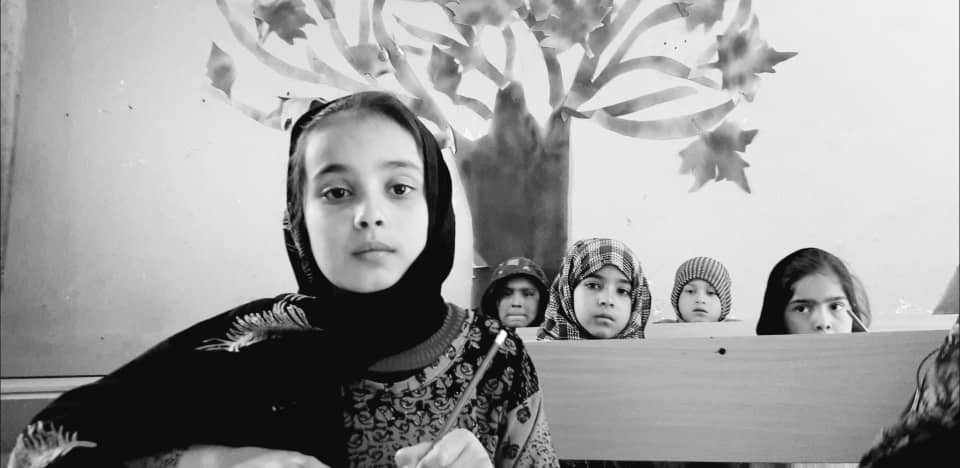By Natasha Govender, Advocacy and Policy Advisor
Global Coalition to Protect Education from Attack (GCPEA)
The virtual panel discussion on “Protecting Education and Addressing Child Protection Challenges in Afghanistan” took place on November 16, co-hosted by the Missions of Afghanistan, Norway, and Sweden to the UN in Geneva, Global Coalition to Protect Education from Attack (GCPEA), Save the Children, UNICEF, and World Vision. Close to 6,000 viewed the event on Facebook, with a high level of engagement from participants. Many thanks to the speakers – notably Dr. Wahidyar, Special Advisor to the Minister and Acting DG, General Education at the Ministry of Education of Afghanistan, and Amb. Anna Jardfelt, Permanent Representative of the Mission of Sweden to the UN in Geneva.
Detailed below and ahead of the 2020 Afghanistan Conference to be held on 23 – 24 November, are a set of core recommendations from the event, for the Government of Afghanistan, donors and humanitarian and development actors, in relation to protecting education and addressing child protection challenges in Afghanistan:
Child protection
- Significantly increase and maintain funding for child protection programming and child protection systems.
- Prioritise funding for quality and sustainable livelihood opportunities and social protection programming to reduce negative coping mechanisms, such as child marriage and child labour.
Access to Education
- Increase investment in the education sector to support the Government of Afghanistan’s efforts to expand the scale of education provision and the quality of education. Donors and the Government of Afghanistan should focus efforts on the 3.7 million children out of school, with a particular focus on girls.
- Increase efforts to safeguard the important progress in increasing girls’ access to education while bridging the gender gap that still exists.
- Increase efforts to end gender-based violence and forced early marriages and ensure access sexual and reproductive health.
- Ensure support and sustained representation and participation of women and girls in decision making processes, including peace processes.
Protect children with disabilities
- Increase investment to meet the needs of children with disabilities, including training and awareness raising among governments officials, education personnel and other key actors.
Prevent and respond to attacks on education
- Prioritize and fund measures to prevent, mitigate, and respond to attacks on education within humanitarian response and development plans and programs. This includes development and support for an Action Plan on Gender-Responsive implementation of the Safe Schools Declaration.
- Ensure that commitments to protect education from attack and the military use of schools, and safe access to education for women and girls’, be included in the peace talks.
- Strengthen and support the gender-responsive implementation of the Safe Schools Declaration, including by the implementation of theGuidelines for Protecting Schools and Universities from Military Use during Armed Conflict by all parties to the conflict.
- Strengthen monitoring and reporting, investigate incidents of attacks on education, and ensure that those responsible are held accountable.
Scale up community-based education
- Strengthen the existing CBE model by improving integration with other sectors such as Nutrition, Protection, Water and Sanitation (WASH) and Adolescents’ Health to ensure
children who attend CBE classes get access to other social services.
- Expand model to cover the six years, instead of three, to ensure that children enrolled in CBE complete the full cycle of primary education.
***************
Please find below related resources:


